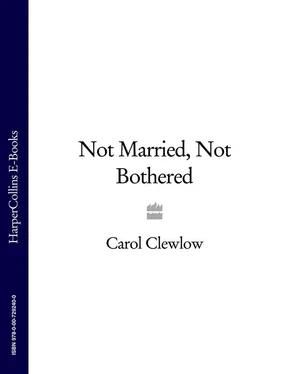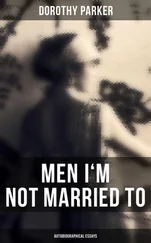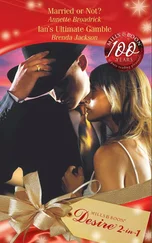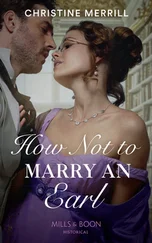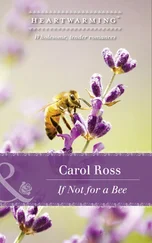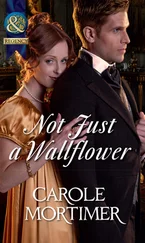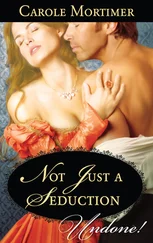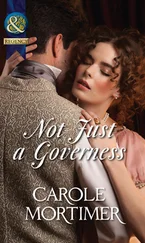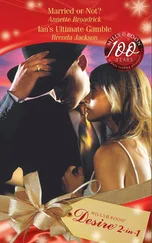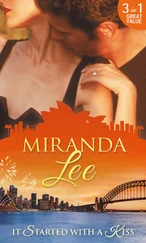‘How many times must I tell you not to wear those bloody things around the house?’ she would rage at him. ‘You only do it to annoy me,’ which probably was the truth of it.
I asked my father once, in a blaze of teenage bravery, ‘Why did you marry her?’
He didn’t raise his head from beneath the bonnet. He said, ‘I was mad about her.’
As always he tried to make a joke of it. ‘Must have had a touch of the sun,’ he said, ‘desert fever,’ only then he turned serious. He raised his eyes, gave me a hard look across the engine. ‘It doesn’t do to be too romantic, Riley,’ he said.
According to my mother – this told with relish when he was alive – my father pursued her against her will, even after the war was over and they returned home from Cairo.
‘What could I do?’ she liked to simper. ‘Eventually I relented.’ *
To say that our father disappointed our mother is to indulge again in that appalling habit of understatement. All their married life she made it clear that she despised him. Even the way she looked at him said she’d been fooled, deluded, cheated.
‘Oh … George,’ she’d say, this so often that as a child I thought this was his name. Oh … George . Always accompanied by a disgusted click of the tongue and a contemptuously raised eyebrow. Or sometimes a derisive snort and the stab of a bitter red fingernail on the photo album for those Buffies and Madges and Snowies.
They used to say in our home town that George Gordon could mend an engine with a piece of string and a six-inch nail. Old-timers I bump into in the street still sometimes repeat it, a fine thing, I always thought, to have chiselled on your tombstone. Not so my mother. She hated our father’s business. Each month on bill day the air would be full of her fury. It swirled around, mingling with the blue of her cigarette smoke as she sat there poring over the invoice books on the kitchen table. Over at the sink my father would be Swarfegaing his hands calmly, running them under the tap like some grease monkey Pilate.
‘How much?’ my mother would ask, her pen poised on the bill head.
‘Oh, I don’t know … charge her a tenner,’ whereupon a howl of wrath would rise up to the ceiling.
‘No … no … no. How much …? How much …? How much did it cost you to do the bloody job for her?’ And it was so often a her because there’s no question that my father could be a soft touch when it came to elderly single women, convincing my mother that it was the spinsters of our town who were ruining my father’s business.
‘Bloody old maids, they pull the wool over your eyes,’ she’d yell at him. ‘Well, they’re not doing the same to me, I can tell you.’
As far as she was concerned, the entire Spinster World was engaged in some sort of conspiracy. *
‘See … see …?’ she would scream, thrusting the local paper at him, folded at the wills page where the horrible truth was revealed – that yet another of my father’s ‘impoverished’ customers whose car he had mended for next to nothing had bequeathed her small fortune to a cat’s home or some charity rescuing pit ponies. Worse still, though, was when Olive Jepson died and left the lot to the Communist Party.
It’s a tribute to Olive Jepson that the mere mention of the word ‘spinster’ will bring her instantly to mind. She remains for me the Ur, my über-spinster, which I guess is what she also was for my father.
He liked to take me to see Olive Jepson. I figure now there were a number of reasons for this, not all of which I want to go into. Once, in the summer, as I sat on her lawn drinking lemonade, I saw my father clash closed the bonnet of the Austin-Healey, and walk up beside her where she sat sipping gin and tonic in her deck chair. As he got to her, he reached his hand down and she reached up hers, and for a moment their two hands were clasped in the air in the sort of strong, firm comradely grasp that I knew, even then, was unimaginable between him and my mother.
Olive was the town’s librarian. She drove a large green growling Austin-Healey, and in the summer did her gardening in a checked bikini no bigger than a brace of pocket handkerchiefs.
‘Honest to God … sixty if she’s a day …’ my mother would say with a sniff, and ‘mutton dressed as lamb,’ this last said too loudly once as Olive pulled weeds up in her front garden. Unabashed, Olive raised herself and gave a long mocking baaaaaaa over the hedge, something for which my mother never forgave her.
Olive was secretary of the local Communist Party, a small outfit, probably with scarcely more than a dozen members. She’d been in Spain with the International Brigade, where, rumour had it, her fiancé had been killed.
‘Actually he ran off with another comrade.’
I was fifteen when she told me this. It was the last time I saw her. She died from cancer very suddenly a few months later. It was winter, with a hoar frost on her lawn and I was sitting in her lounge. Outside the window, my father was blowing on his fingers beneath the Healey bonnet. She picked the picture up from the top of her grand piano: her and her fiancé sitting on some hard-baked earth, in fatigues and with packs on their backs, smiling. She smiled back as she looked at it.
She said, ‘Sometimes it’s really useful to have a dead fiancé, Riley.’ She put the picture back on the piano top, turned to look at me. She said, ‘This is a small town, Riley. I don’t know why but some people just seem happier if you can give them a good reason why you’re single.’
That day I heard my mother call Olive a ‘skinny sex-starved old woman’. I saw my father’s hands clench and unclench at his side. There was a set look on his face and, spying from the top of the stairs, I thought he was going to hit her. But then he went to the sink, turned on the tap, began lathering his hands under it. When he spoke his words were very clear and very cold and deliberate.
He said, ‘Well, you’d know all about that, wouldn’t you, Barbara? ’
That was how it was at home when we were kids. A terrible ongoing argument that raged along like a swollen stream, all the time underground but sometimes bursting out above the surface.
Meal times were the worst. Our father could be cruel and very cutting.
‘Maybe you could tell your mother to pass that grey slop she likes to call mash,’ he said once. Another time, tasting one of her stews (and they were pretty bad), he strode to the sink and spat it out. ‘For God’s sake, woman,’ he said, ‘are you trying to poison us?’
The serving spoon was still in her hand. She held it up as if wanting to strike him with it and her eyes were white with fury.
‘I wish I could. I tell you, I wish I could poison you. It would be worth going to gaol for.’
Once, when they were arguing, Cass put her hands on the side of her head. She must have been about eight; I was three years younger. She began screaming, ‘Stop it, stop it, stop it …’ over and over.
In the end our father jumped up and put his arms around her. Tears ran down his face. He nursed her, crying, ‘I’m sorry. I’m sorry, Cassie.’
Mostly I solved the problem by eating very fast, throwing it all down, getting down from the table as soon as possible.
It’s a habit that continues to this day. I still eat far too fast. I remember it was one of the things Nathan noticed about me. That first time he took me out for a meal he stared curiously across the table.
‘You eat like a caveman, Riley,’ he said. ‘You throw your food down. You must hardly taste it.’
When he said it, I felt the tears prick behind my eyes. I picked up my napkin, slapped it petulantly down on the table.
I said, ‘Don’t criticise me,’ and he stretched a hand immediately across.
Читать дальше
